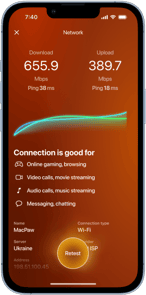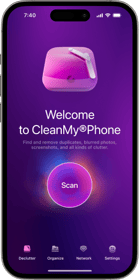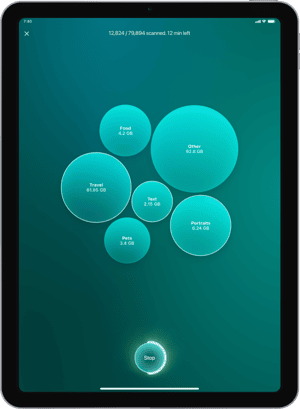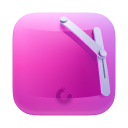When it’s time to upgrade your phone, it’s always a smart idea to consider all your available options. If you’ve had your current phone for a couple of years, a lot can change with technology in that time. Read on to take a closer look at iPhones and Androids and see what makes one better than the other.
What’s the difference between an iPhone and an Android phone?
In very broad strokes, iPhones and high-end Androids are similar in a lot of ways. They all have touchscreen displays, rely on a massive catalog of third-party apps, and have arguably comparable cameras. But where these phones differentiate themselves from each other, they do so in a big way.
Limited iPhone storage
iPhones have always been known for their sleek design, but with that comes limitations to things like storage. Because everything in an iPhone is beholden primarily to the design of the phone, it means that storage capacity is always capped out at what can fit in the new form factor. While many Android devices recognize their storage limits and allow for expandable memory cards like MicroSD to give you more space.
However, maybe instead of throwing more storage at your phone when you run out, the better option is to clean it up and free up some space. Thankfully, on iPhone, you can download the app CleanMy®Phone to help you do just that. This app will scan your photo library so you can quickly delete any duplicates, screenshots, or blurry images that are just wasting space on your iPhone.
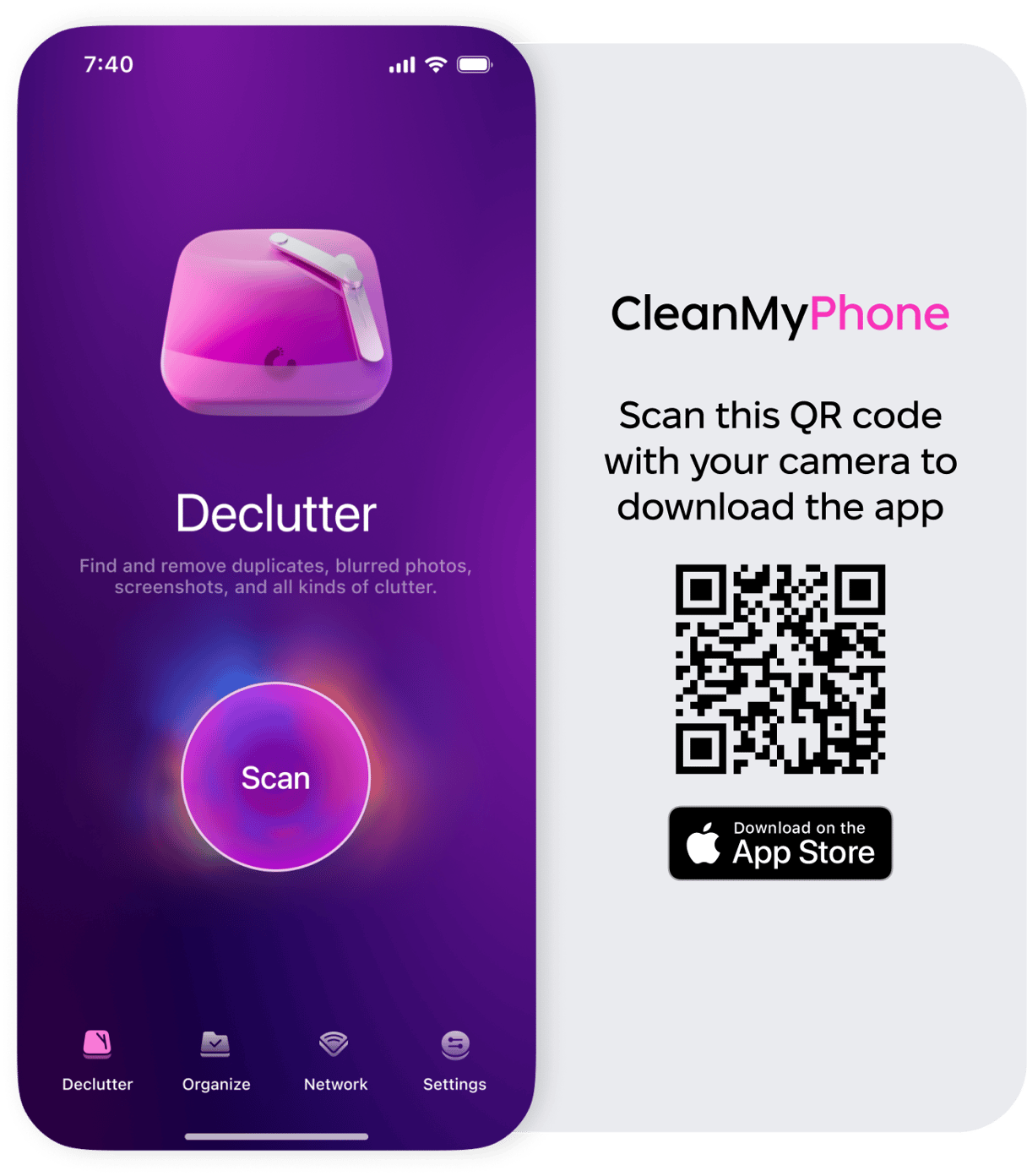
More choices with Android
While Apple is the only company that makes iPhone and iOS, Google makes the Android operating system. In turn, they license their software to a lot of other phone brands such as Samsung, HTC, Motorola, and others. So when you’re looking at iPhones, you’re stuck with whatever current models Apple is offering, whereas with Android, you have multiple models from multiple brands to choose from.
App Store vs. Google Play Store
In the same way that Mac and Windows require different versions of software, iPhones and Androids require different versions of apps. Both mobile operating systems have stores where you can download third-party apps, but Apple’s iOS App Store is notoriously more strict than the Google Play Store on which apps it allows. So while the Google Play Store is more open and has more apps, it also has more security flaws and viruses to worry about.
Why iPhone is better than Android
If you were to ask an Apple fan what makes iPhone better than Android, they’d be able to rattle off 500 different reasons. But for the sake of this article, we’ll restrict it to three reasons.
Apple’s ecosystem
If you’re a Mac user, then you’re already guaranteed to have an iPhone work within your tech ecosystem. An iPhone will flawlessly sync to your Mac or beautifully stream to your Apple TV. We’re not saying that it’s impossible to do this with an Android, but it’s a lot easier to use an iPhone with other Apple products. Apple products are designed in such a way that they work seamlessly with one another.
iOS is always updating
Because Apple makes both the iPhone device and iOS, you can confidently upgrade your phone as soon as a new operating system version is available. On the other hand, because there are so many different makes and models of Android phones, you typically have to wait until a version of the new operating system is supported to work on your specific device.
No bloatware
Bloatware was popular in the early days of cell phones and has since made a comeback with Androids. You might be wondering, what exactly is “bloatware”? It refers to the applications the store or your cell phone carrier installs on a phone. In most cases, these apps are subpar and only take up storage space.
Thankfully, all iPhones ship with the same standard of apps. And any deviation from that is purely up to the user. So that means that with iPhone, there is a minimal number of apps that you can’t delete.
Why Android is better than iPhone
After sharing all the ways that iPhones shine, it’s time for us to outline what makes Androids better. And believe us, there’s a lot for Android to be proud of.
Customizable
We’ve already discussed the fact that Android phones just have more options. Well, the same can be said about the operating system. Android is wide open. Unlike on iPhone, you can customize almost everything on an Android phone. If there isn’t an option directly available in the operating system, you can usually find an app that will allow you to make those changes on the Google Play Store. Using an Android means that you’re using a phone the way you want to use it.
Google Assistant is simply better
No one does search better than Google. That’s a fact. So when it comes to a battle of the virtual assistants, Google Assistant beats out Siri every time. But you really can’t blame Siri; it’s almost impossible to go up against Google, who has been perfecting their search and assistant functionality for years. Whether you want your phone to create an appointment or look something up on your phone, Google Assistant won’t disappoint you.
More budget-friendly
While higher-end Androids are typically around the same price as the new iPhones, you can find cheaper and maybe even free Androids.
When it comes to smartphones, the adage is correct. You do get what you pay for. That’s not to say that the more expensive devices are infallible — they do break from time to time. But Androids that have sleeker designs and better specs are usually more expensive. In fact, their prices are typically comparable to iPhones, but so is their performance.
At the end of the day, when you’re comparing iPhones and Androids, you have to decide what will work best for you. If you’re already an Apple user, it might not make sense for you to switch to Android. But, on the other side, if you’re already familiar with Android, switching to an iPhone may prove to be too steep of a learning curve. Bells and whistles aside, the most important thing is that you find a phone that you’ll enjoy and that works best for you.


